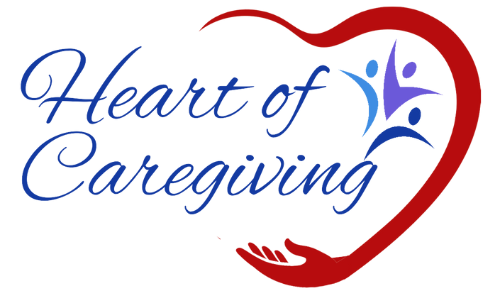If we were to receive a caregiver job description, communication would be at the top of the required skills and abilities list. Communication is an important life skill, and we learn to communicate differently with friends, colleagues, clients, and family. We adjust our level of casualness and use of colloquialisms. We may be more direct with some groups and more sensitive with others. When we become a caregiver, we are in a new role, and our prior communication styles may not fit the new situation. We may need to learn a few new interpersonal skills and ways of communicating with friends, family members, and our loved one for whom we care. Communication with doctors and healthcare professionals takes a new level of preparation and finesse so that we feel confident when we advocate for our family member.
As the dynamic changes between you and your loved one, friction can develop when your priorities are at odds. Your safety concern can be received as direct opposition to your loved one’s desire for independence, resulting in conflict and arguments. We may make assumptions and neglect to ask our loved one for their input or preference. Assumptions about our friends and other family members can cause us to miss out on the chance to receive help. We can be intimidated by doctors and miss the opportunity to have a meaningful interaction that could benefit us, the doctor, and our loved one. Three communication strategies can help you rise to the new expectations of your role and be an effective communicator with your loved one and care team members.
Lead with curiosity
A solution or decision may seem obvious, and we are surprised when we sense resistance from our family member. We meet resistance with resistance and find ourselves in an unexpected conflict. A better approach would be to meet the resistance with curiosity, openness, and a desire to learn what is behind your loved one’s opposition. Curiosity can serve you well early in the care experience so that you can learn your loved one’s wishes and be informed of the values that motivate their desires. Curiosity helps us stay in a collaborative mode and avoid anger and frustration. Each conversation can be an information-gathering exercise. If the focus is on connecting rather than achieving a predetermined outcome, our expectations won’t get in the way of a meaningful conversation.
Make direct requests and adjust expectations
When we begin caring for our loved one, we can have an expectation that our friends and family members will recognize that we need help and join us in our care efforts. We can feel hurt and resentment when rather than help, they distance themselves from us and our loved one. Our response may be silent outrage or expressed anger. Either way, feelings are hurt, and relationships are damaged. A better way to proceed is to list the needed help and make a specific request. Accept a yes or no with grace and understand that not everyone can be on your care team and a part of your Care Community™.
Another approach is to show them your list and let them choose something they are comfortable doing. You may request help with running tasks and errands, but an alternative is that your helper sits and visits with your loved one while you run errands or take time to engage in self-care activities. Set an intention for each conversation. If these conversations and requests feel uncomfortable, write the dialogue in your journal. You could practice with a friend or in the mirror. Allowing friends and family members to help is a gift to them, a gift to your loved one, and a gift to you, a triple win!
Own your Caregiver Advocate title
Doctors can seem rushed due to the demands of heavy workloads. Asking a doctor to slow down to answer a question or explain something they said can feel awkward and rude. When you recognize the value of your role and the weight of your responsibilities and own your Family Member Advocate title, you gain the confidence to engage respectfully and make the most of each interaction. You are the expert in your loved one. You may want to share information that could be helpful in a diagnosis or prescription. Receiving clarification on a term or acronym could allow you to do further research for resources and support. You may have a question that will help you and your loved one decide how to proceed. Not underestimating your responsibility and value in each interaction with the healthcare team is crucial.
For more on how to hone caregiver communication skills, get the Communicate with Confidence Action Plan at HeartofCaregiving.com. Lead with curiosity, ask for help with direct requests, and embrace your role as the leader of your care team and your family member’s advocate to communicate important information, ask questions, and receive clarification that will benefit all concerned.
For more solutions for the common mistakes caregivers make, check out 21 Mistakes Caregivers Make & How to Avoid Them: Solutions and Strategies to Reduce Stress and Increase Happiness available on Amazon!

